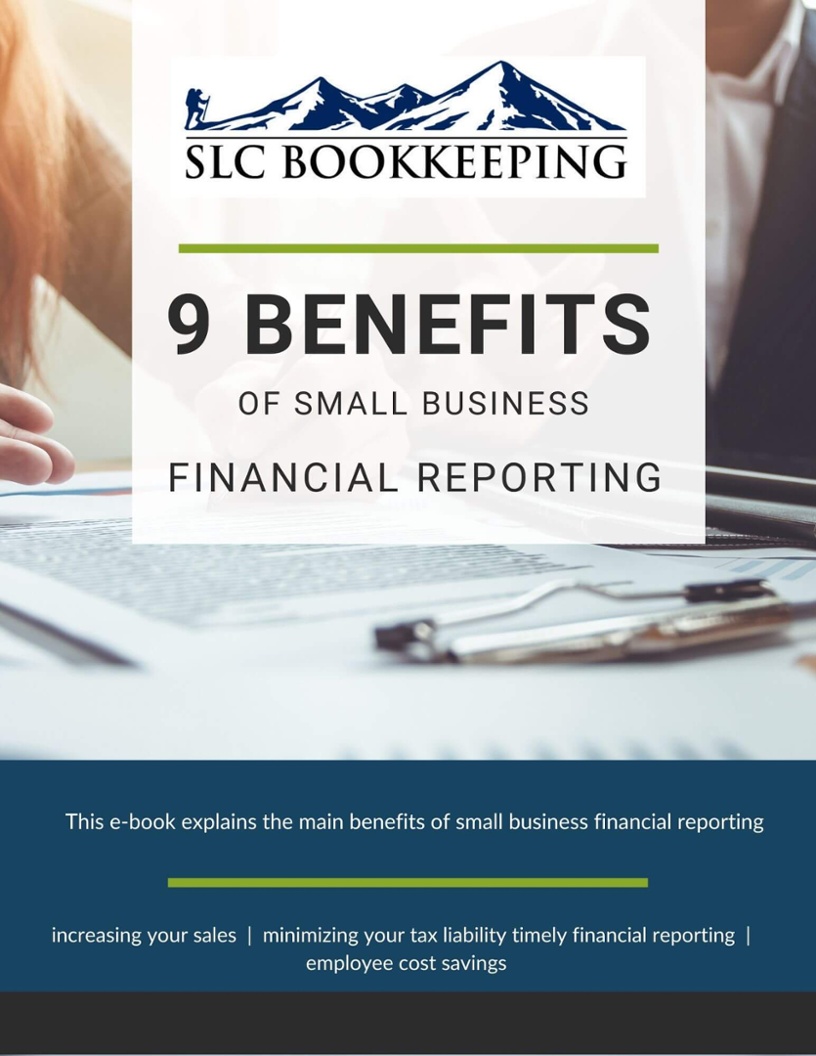Why I Reconcile QuickBooks On A Daily Basis
 I have been in the habit of reconciling QuickBooks on a daily basis for as long as I can remember. When I was a really small business (that is, working solo) it was easy to manage reconciling on a daily basis. As I grew, both I and my business found that maintaining the habit of reconciling every day became even more important.
I have been in the habit of reconciling QuickBooks on a daily basis for as long as I can remember. When I was a really small business (that is, working solo) it was easy to manage reconciling on a daily basis. As I grew, both I and my business found that maintaining the habit of reconciling every day became even more important.
If you are confused by the phrase "daily reconciling," let me explain. Most financial institutions provide a daily ending balance at the end of each day's transactions. Some institutions, like Chase, provide a balance after every single transaction. What this allows you to do is reconcile QuickBooks to your actual bank balance every single day.
Daily reconciling might seem like a pain or a waste of time. I will explain why I reconcile QuickBooks on a daily basis and what it allows for our small business.
Daily Reconciliation = Power
Reconciling QuickBooks on a daily basis is extremely powerful. If you are reconciling all of your accounts on a daily basis, you will really have a handle on your key metrics. Think about the power of daily reconciliation for a minute. If everything is updated every day, that means you have access to all of your key metrics every single day. If you knew your actual cash balance, accounts receivable, and accounts payable every single morning would that be valuable? What if you could look at an updated profit and loss at any moment? Would that be helpful?
I got into my current morning routine quite a few years back. I wake up, grab a cup of coffee, sit down at my computer, and take the 5-10 minutes that it requires me each day to accurately update QuickBooks. I kept doing it because I realized how much control it gave me over the finances of our business.
Ultimate Cash Flow Management
I am the master of cash flow management. I am aware of every transaction before it posts to my bank. By keeping my QuickBooks file up to date with all payments and deposits, posted before they clear the bank, I am well aware of my true cash flow balance.
I always keep my QuickBooks checking account sorted by cleared status. This allows me to reconcile my bank account to the daily ending balance. However, by entering all payments and deposits before they clear the bank, I can see where the cash balance is going. This is what I refer to as an actual cash balance.
All too many owners run their business by logging into their online banking to check on cash flow. If they see a balance, they think they can take an owner draw or pay a bunch of bills. What they typically fail to consider is all of the outstanding payments that have not been processed through the bank yet. Use QuickBooks as a tool to get a handle on your true cash balance.
Forecasting Financial Future
Reconciling on a daily basis also gives me great insights into the financial future of our business. I'm able to see our business financial performance in real time and therefore I can predict the future with extreme precision.
Many small business owners will agree that payroll is the toughest part of the month. Not knowing whether you are going to make payroll can be extremely stressful. My system of daily bookkeeping takes all of the guesswork out of it. I typically process my payroll 3-4 days before it posts to our account. I post the payroll costs to our QuickBooks file well in advance via a QuickBooks import file (which takes 5 seconds) and I can see exactly where we are at. That way, any cash shortfalls are known in advance so that we can easily transfer money from savings or a line of credit.
As each day passes, the picture of our financial future becomes more and more clear. We use our daily bookkeeping to build our forecast and come up with an extremely accurate picture of what we can expect. This allows us to make critical pivots when necessary.
Enables Critical Business Pivots
Daily bookkeeping is what allows us to make critical business pivots. When we forecast out each month, we are working from 100% accurate numbers. The management team then meets to create the forecast based upon performance, as well as what we know is going on in the business. We know the sales pipeline and likelihood of closing those deals. We know the actual expenses we will incur in the next month as well as those we are likely to incur.
When we have to hire, we don't need to guess if we can afford it; we validate it. There is a big difference between thinking you can afford an expense and proving it to yourself. As we build out our forecast each month, we look for opportunities as well as potential problems.
An analysis of our forecast is what enables us to pivot when necessary. If we don't see the numbers we like, then we make the necessary adjustments to keep the business on track. Most business owners look at past financial reports and analyze past performance. We use past financial reports (always accessible) to predict future financial performance.
We analyze the future instead of the past. That is how we stay on track. That is how we run a successful business.
Do you have complete control over the finances of your business? Why or why not?


Comments